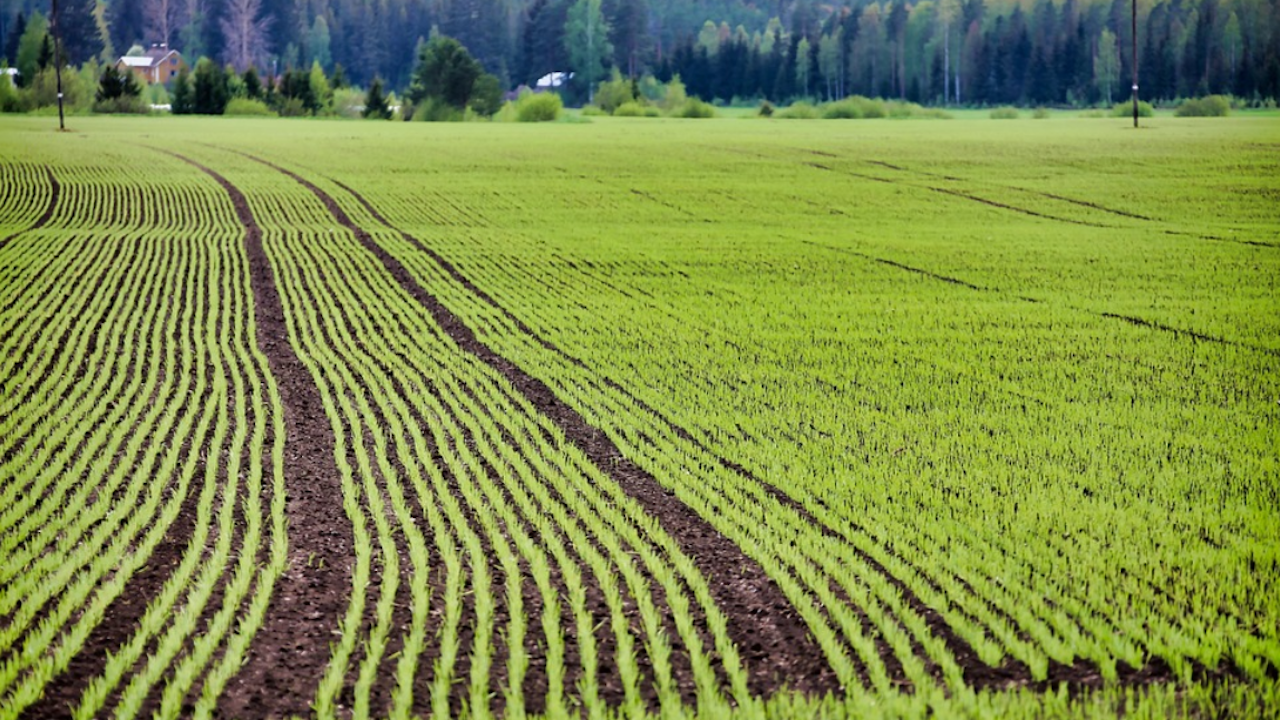Listen to the news
As the temperature rises, some plant species begin to flower earlier than they used to, say 50 or 40 years ago. However, this can lead to non-pollination, to a lack of fruit, because the centuries-old synchronization between wild species is disrupted. In this way, some plants are threatened with extinction, expert Roman Rachkov explained to BNR.
"If we go back to the past, we will see that our great-grandfathers, who were engaged in agriculture, were guided in their practice by what they observed happening around them - explained Rachkov.
– They observed when the birds arrived from the south, when certain plants began to bloom, etc.
This is what phenology deals with.'
The science arose in the middle of the 19th century and deals with the study of seasonal phenomena that are observed in the environment.
And the winegrowers go out to protest
The phenomena that are studied by phenology are extremely important for agriculture, the scientist also pointed out.
He added that the temperature also affects insects - most enemies of agricultural crops also start their development earlier.
Therefore, science can help gardeners to consider when to plant a certain crop.
"Our farmers must be prepared for what is coming.
In the tropics, climate warming will not affect people's economic activity so much, but in the temperate zone, where we have four seasons, the changes will be visible," Roman Rachkov emphasized.
spring sowing
farmers
